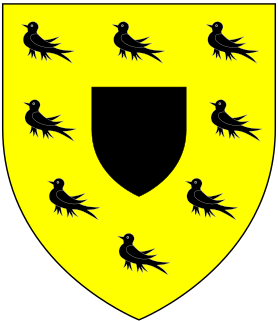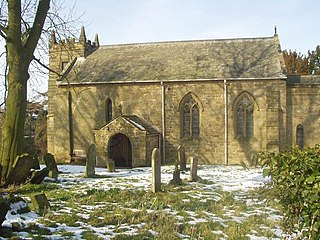 W
WThis is a list of Members of Parliament nominated to the English parliament convened by Oliver Cromwell in 1653.
 W
WGeorge Monck, 1st Duke of Albemarle JP KG PC was a professional soldier from Devon, who fought on both sides during the Wars of the Three Kingdoms. A prominent military figure under the Commonwealth, his support was crucial to the Restoration of Charles II in 1660, who rewarded him with the title Duke of Albemarle and other senior positions.
 W
WPraise-God Barebone was an English leather-seller, preacher and Fifth Monarchist. He is best known for giving his name to the Barebone's Parliament of the English Commonwealth of 1653.
 W
WGeneral at Sea Robert Blake was an important naval commander of the Commonwealth of England and one of the most famous English admirals of the 17th century. His successes have been considered to have "never been excelled, not even by Nelson" according to one biographer. Blake is recognised as the chief founder of England's naval supremacy, a dominance subsequently inherited by the British Royal Navy into the early 20th century. Despite this, due to deliberate attempts to expunge the Parliamentarians from history following the Restoration, Blake's achievements tend to remain unrecognized.
 W
WGeorge Booth, 1st Baron Delamer, was an English landowner and politician from Cheshire, who served as an MP from 1646 to 1661, when he was elevated to the House of Lords as Baron Delamer.
 W
WSir William Brownlow, 1st Baronet of Humby in Lincolnshire, was an English politician and barrister.
 W
WCharles Howard, 1st Earl of Carlisle was an English military leader and politician who sat in the House of Commons at various times between 1653 and 1660 and was created Earl of Carlisle in 1661.
 W
WOliver Cromwell was an English general and statesman who, first as a subordinate and later as Commander-in-Chief, led armies of the Parliament of England against King Charles I during the English Civil War, subsequently ruling the British Isles as Lord Protector from 1653 until his death in 1658. He acted simultaneously as head of state and head of government of the new republican commonwealth.
 W
WHenry Henley (1612–1696) was an English politician who sat in the House of Commons at various times between 1653 and 1681. He supported the Parliamentary cause in the English Civil War.
 W
WFrancis Lascelles (1612-1667), also spelt Lassels, was an English politician, soldier and businessman who fought for Parliament in the 1639-1652 Wars of the Three Kingdoms and was a Member of Parliament between 1645 and 1660.
 W
WPhilip Sidney, 3rd Earl of Leicester was an English politician who sat in the House of Commons at various times between 1640 and 1659 and became Earl of Leicester in 1677. He supported the Parliamentarian cause in the Wars of the Three Kingdoms, when he was known as Viscount Lisle, a subsidiary title of the Earls of Leicester.
 W
WSir William Lockhart of Lee (1621–1675), was a Scottish soldier and diplomat who fought for the Covenanters during the 1638 to 1651 Wars of the Three Kingdoms. Following Royalist defeat in the 1642 to 1647 First English Civil War, Lockhart took part in negotiations between Charles I and Scottish Engagers, who agreed to restore him to the English throne.
 W
WRichard Lucy of Charlecote Park, Warwickshire was an English landowner and politician who sat in the House of Commons from 1653.
 W
WBussy Mansell was a Welsh politician who sat in the House of Commons at various times between 1653 and 1699. He was a zealous Parliamentarian during the English Civil War.
 W
WFrancis Rous or Rouse, was an English politician and Puritan religious author, who was Provost of Eton from 1644 to 1659, and briefly Speaker of the House of Commons in 1653.
 W
WAnthony Ashley Cooper, 1st Earl of Shaftesbury PC was a prominent English politician during the Interregnum and the reign of King Charles II. A founder of the Whig party, he was also the patron of John Locke.
 W
WWalter Strickland was an English politician and diplomat who held high office during the Protectorate.